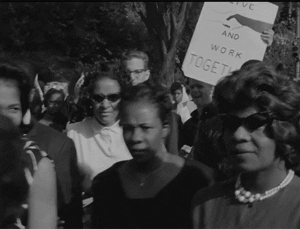- BlackVoter.Org
- Posts
- BLACKVOTER.ORG #74
BLACKVOTER.ORG #74
Empowering Awareness: Stay Grounded With Blackvoter.org Newsletter!



According to a recent poll by the Pew Research Center, a majority of Black Americans believe that U.S. institutions are conspiring against them. The study examined the intersection of race and conspiratorial beliefs, specifically focusing on how Black Americans perceive institutions such as policing, the political system, and the media. The study found that more than 8 in 10 Black Americans agreed with the statement that "Black people are more likely to be incarcerated because prisons want to make money on the backs of Black people." Additionally, more than 6 in 10 Black adults agreed that institutions such as the criminal justice system, the country's economic system, and policing are designed to hold Black people back. The study also explored why Black adults believe these narratives and the emotions they feel as a result of experiencing racial discrimination. The results of the study reflect the continued impact of systemic racism on Black Americans' perceptions of and experiences within American institutions.
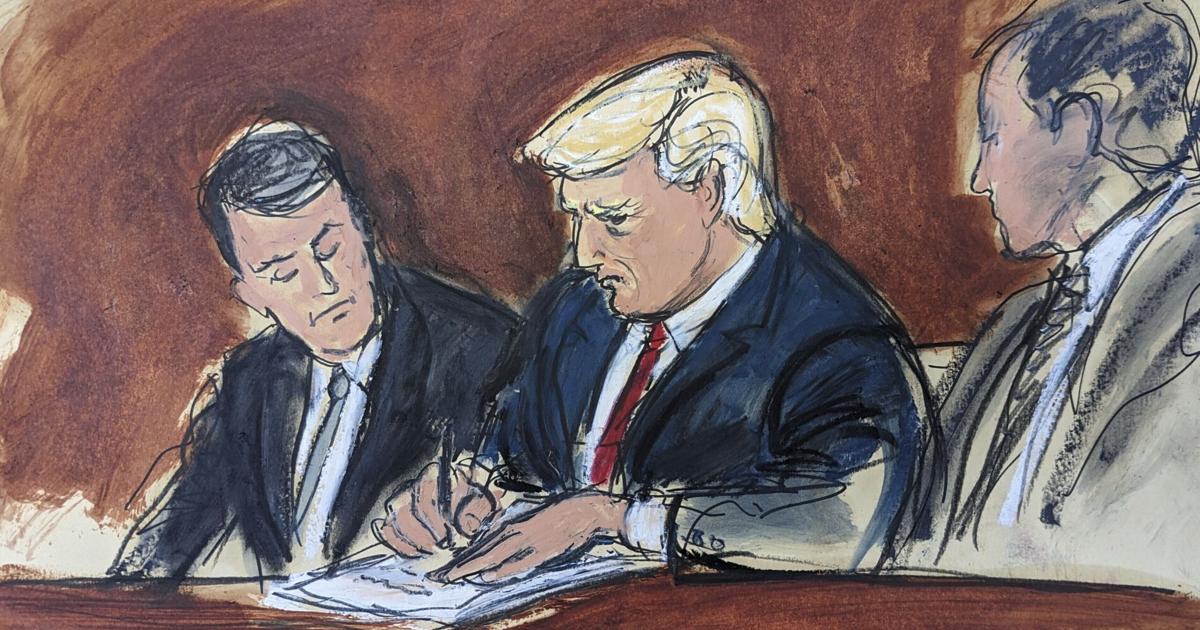
Former President Donald Trump has been indicted on charges of improperly storing sensitive documents at his Florida estate, hiding records from investigators, and displaying classified information. The indictment alleges that Trump repeatedly sought assistance from aides and lawyers to conceal the documents. Highlights from the article include:
• On June 9, 2023, Trump was indicted on felony charges related to the mishandling of classified information.
• Other notable events that occurred on this day include the surrender of Norway to the Nazis in 1940, the flooding disaster in the Black Hills of South Dakota in 1972, and the release of the Rogers Commission report on the Challenger disaster in 1986.
• The article also lists famous birthdays for this day, including actor Johnny Depp, actor Natalie Portman, and actor Michael J. Fox.


Black mayors from across North Carolina gathered in Durham to express their support for President Biden and his efforts to invest in Black communities, protect civil rights, and address economic and health inequities. The event, which followed the launch of the Black Voters for Biden coalition, showcased the impact of the Biden Administration on Black communities, with speakers highlighting the thriving of small Black businesses and the delivery of federal funds for rental assistance. The mayors praised Biden for his swift action and commitment to addressing the needs of the Black community. The event signals a push to secure the support of Black voters in North Carolina ahead of the upcoming election.

In BuzzFeed's 2024 Election Diaries, the focus this time is on Black voters and their most important political concerns for the upcoming presidential election. The article highlights the significance of Juneteenth, a holiday that marks the end of slavery in the US, and seeks to amplify the voices of Black voters. Some key issues that may be important to Black voters include voter suppression, racial violence, and healthcare inequalities. To collect this valuable input, BuzzFeed has created an anonymous Google form where Black voters can share their concerns. The article also invites readers who do not qualify as Black voters to stay tuned for future rounds where different groups of voters will be highlighted.

In an interview with BBC's Americast, radio host Charlamagne Tha God expressed doubt about the extent of black voter support for Donald Trump in the upcoming election. He suggested that the inference that black Americans will turn away from the Democratic Party to vote for Trump has been overstated. Charlamagne stated that he doesn't see the inroads that Trump is supposedly making with black men and questioned the accuracy of the polls that show Trump gaining traction with black voters. He acknowledged that there are some black men who support Trump but said that it is not the overall sentiment among black voters. He also commented on the frustrations of black voters with the Democratic Party, stating that history has shown that the party has not fulfilled many of its promises to the black community. Overall, Charlamagne called both Trump and Biden the two worst candidates in the history of presidential elections and stated that he is voting to preserve democracy.
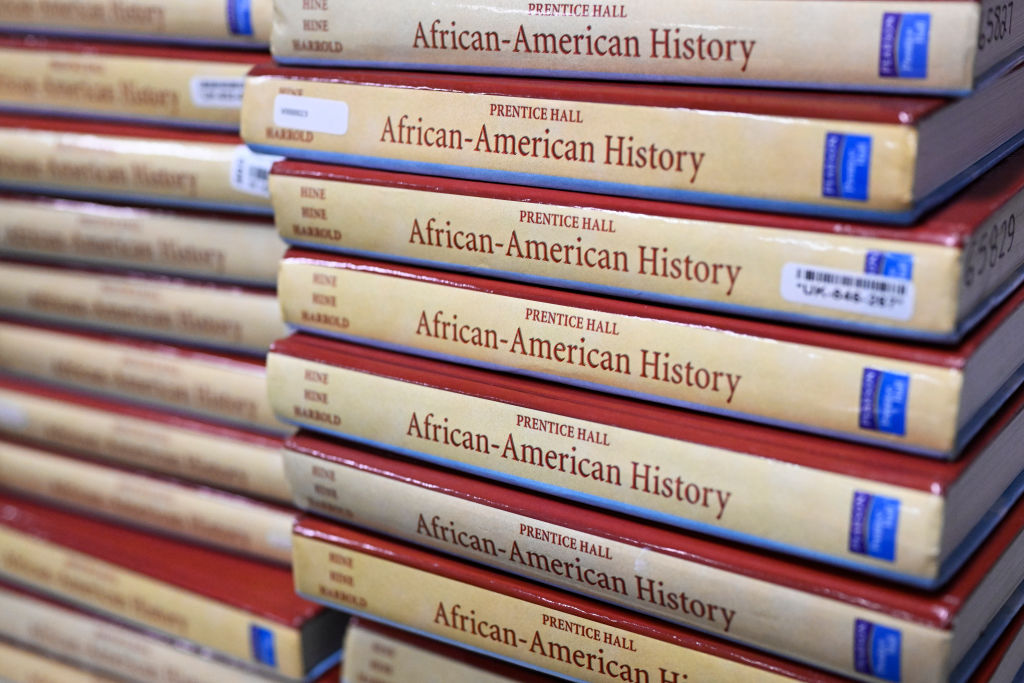
The South Carolina Department of Education has decided to stop offering AP African American studies in the state's schools, following in the footsteps of Florida. While the official reason given for the course being cut is a state budget deficit, it is clear that the decision is influenced by the state's aversion to critical race theory and discomfort with Black history. This move is part of a larger pattern of Republican-run states rejecting Black studies that do not align with a colonizer-approved narrative. The elimination of AP African American studies robs students of opportunities to receive college-level education and earn college credits while still in high school. By limiting access to Black studies, the state is sending the message that it is not important and reinforcing white nationalism. Overall, this decision reflects South Carolina's efforts to limit the teaching of Black history and maintain a hierarchy that prioritizes white perspectives.

In an effort to address concerns about support among black male voters for President Biden, South Carolina Rep. Jim Clyburn downplayed recent polling that showed slippage in Biden's support. Clyburn, who is widely credited with helping Biden win the 2020 Democratic primary, insisted that black voters haven't left the Democratic Party in large numbers. He pointed to his recent visit to an NAACP event where he observed "zero support" for former President Donald Trump among attendees. Despite some polls indicating a softening of Biden's support among black men and fewer black voters planning to head to the polls in November, Clyburn expressed skepticism about the accuracy of the polls. He cited a recent election in Maryland in which the poll results were off by about 20 percentage points as an example of the polling industry's errors. Overall, Clyburn's remarks suggest that he is confident in Biden's support among black voters and dismisses concerns about their allegiance to the Democratic Party.

President Joe Biden's re-election campaign is targeting Black voters in Detroit, warning against the dangers of another Donald Trump presidency. Lt. Gov. Garlin Gilchrist spoke at a local event highlighting the administration's successes and emphasizing that Trump is "dangerous for our people." The campaign is aiming to reach out to politically active voters who can connect with disillusioned friends and family members who may not vote. Democratic representatives are crafting the language supporters should use to communicate Biden's accomplishments and the perceived threats of another Trump term. However, some attendees expressed concerns that the campaign pitches were condescending and not focused enough on real power and other ways to exercise political influence. Republicans are also attempting to attract dissatisfied Black voters, with Trump scheduled to headline a political conference and the political nonprofit Turning Point USA organizing a "Blexit Liberation Show."

In this article, Amanda Marcotte argues that Donald Trump's attempts at "outreach" to Black voters are actually racial stunts intended to appeal to white racists rather than genuinely connect with the Black community. Marcotte points out that Trump's alliances with rappers facing criminal charges and his claims that his arrest was relatable to Black voters are not genuine attempts at outreach, but rather ways to validate MAGA's racist stereotypes.
Some key points from the article include:
• Trump's recent rally with rappers facing criminal charges was characterized as "clumsy" outreach to Black voters, but it was actually a way to appeal to white right-wingers.
• Rep. Byron Donalds' comments that Black people were better off under Jim Crow and that marriage rates were higher at that time are part of a trolling strategy to provoke Black politicians and pundits and gain praise from Trump and the MAGA crowd.
• Trump's interactions with rappers like Lil Wayne and Snoop Dogg are transactional rather than ideological, with pardons being exchanged for loyalty.
• White racists are the main audience for these racial stunts, as they enjoy seeing Trump reinforce racist stereotypes and use them to troll progressives.
Marcotte encourages white liberals to recognize this behavior as trolling and to call it out as such, without feeling the need to engage in deep conversations about race. Simply pointing out that Trump is engaging in racist theater for the benefit of white bigots can be an effective response.

The Republican Party is making efforts to win over Black male voters, a key demographic for Democrats, in an attempt to swing the 2024 election. Recent polls have shown that support for Democrats among Black voters is softening, opening up an opportunity for Republicans. However, their strategy has led to some awkward and offensive moments of political theater. For example, former President Donald J. Trump has marketed gold sneakers to young men of color and suggested that his felony conviction makes him more relatable to Black voters. He has also campaigned with rappers who are facing charges of gang murder and weapons possession. Republican allies argue that they don't need to appeal to every Black voter, but just enough to undermine President Biden's bedrock coalition.
Highlights:
• Republicans are targeting Black men in an effort to win over a key demographic for Democrats
• Recent polls show that support for Democrats among Black voters is softening
• The Republican strategy has led to some awkward and offensive episodes of political theater
• Former President Trump has marketed gold sneakers and positioned his felony conviction as relatable to Black voters
• Republican allies argue that they only need to appeal to enough Black voters to undermine President Biden's coalition.
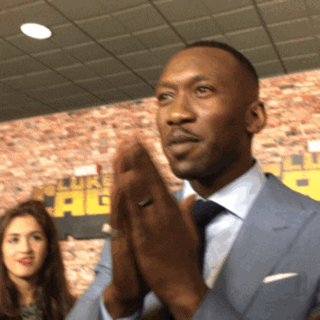
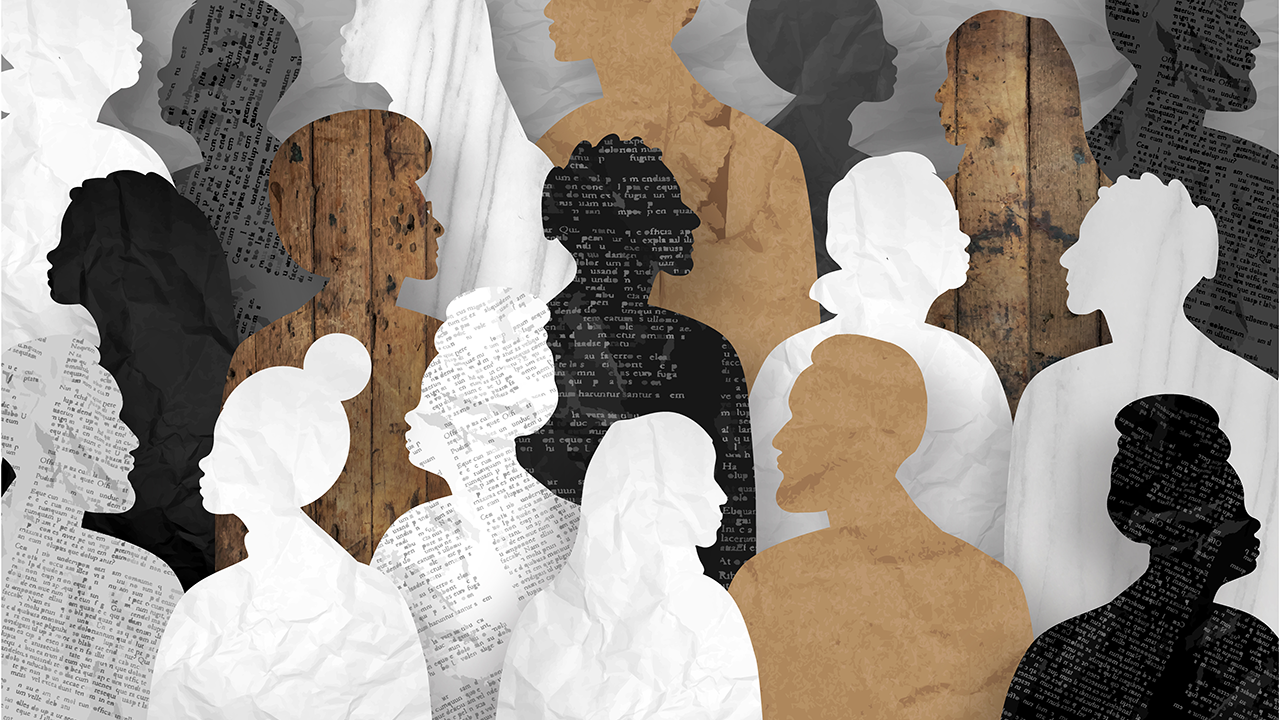
According to a recent survey by Pew Research Center, most Black Americans believe in racial conspiracy theories about US institutions. The survey found that majorities of Black adults think that the criminal justice system (74%), political system (67%), and economic system (65%) are designed to hold Black people back. These suspicions are rooted in the experiences of racial discrimination that many Black Americans face. The survey also revealed that most Black Americans are familiar with specific racial conspiracy theories about US institutions and believe that they are true. For example, 82% of Black adults have heard the racial conspiracy theory that the prison system incarcerates Black people to make money off their labor, and 74% believe it is true today.
Other key findings from the survey include:
• 76% of Black Americans say that the racial conspiracy theory about Black public officials being singled out and discredited is true.
• 67% of Black Americans believe in racial conspiracy theories about business, such as targeted marketing to bankrupt Black people.
• 55% believe in racial conspiracy theories about secret and nonconsensual medical experiments, like the Tuskegee study.
• 55% believe that the government encourages single motherhood and the elimination of Black men from Black families.
• 51% believe that the government promotes birth control and abortion to reduce the size of the Black population.
Overall, the survey highlights the skepticism and mistrust that many Black Americans have towards US institutions, and the ways in which racial discrimination shapes their views.
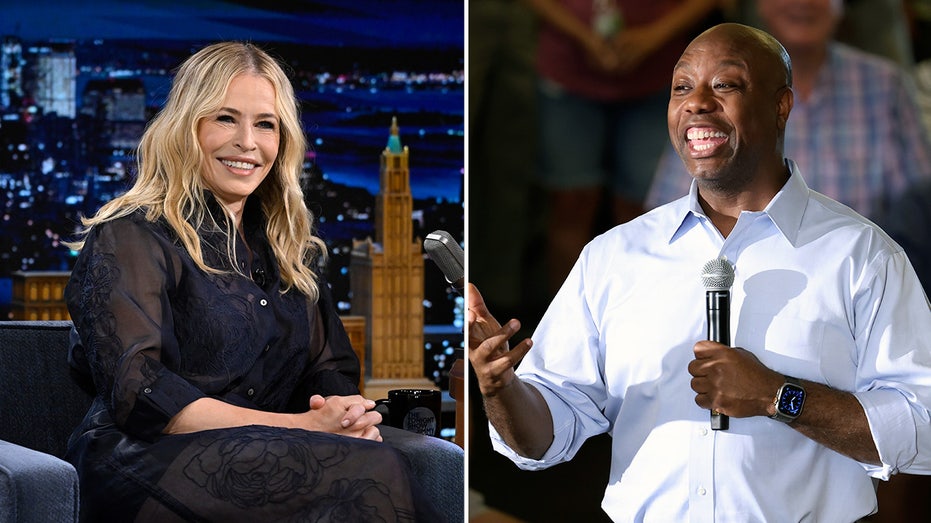
Senator Tim Scott responded to a resurfaced clip of comedian Chelsea Handler saying that 50 Cent "cannot vote" for former President Donald Trump because he is Black. In a social media post, Scott sarcastically told Handler to "tell another Black man how to think." The clip, which was from an interview on the Tonight Show in 2020, showed Handler stating that she reminded 50 Cent that he was Black and therefore should not vote for Trump. Scott, who has been a vocal advocate for Black Republicans, has been pushing back against the narrative that Black people should only vote for Democrats. He has highlighted the increase in Black elected officials who happen to be Republicans and the surge of Black Republican political candidates at various levels of government. Scott is also reportedly being considered as a running mate for former President Trump in the 2024 election.

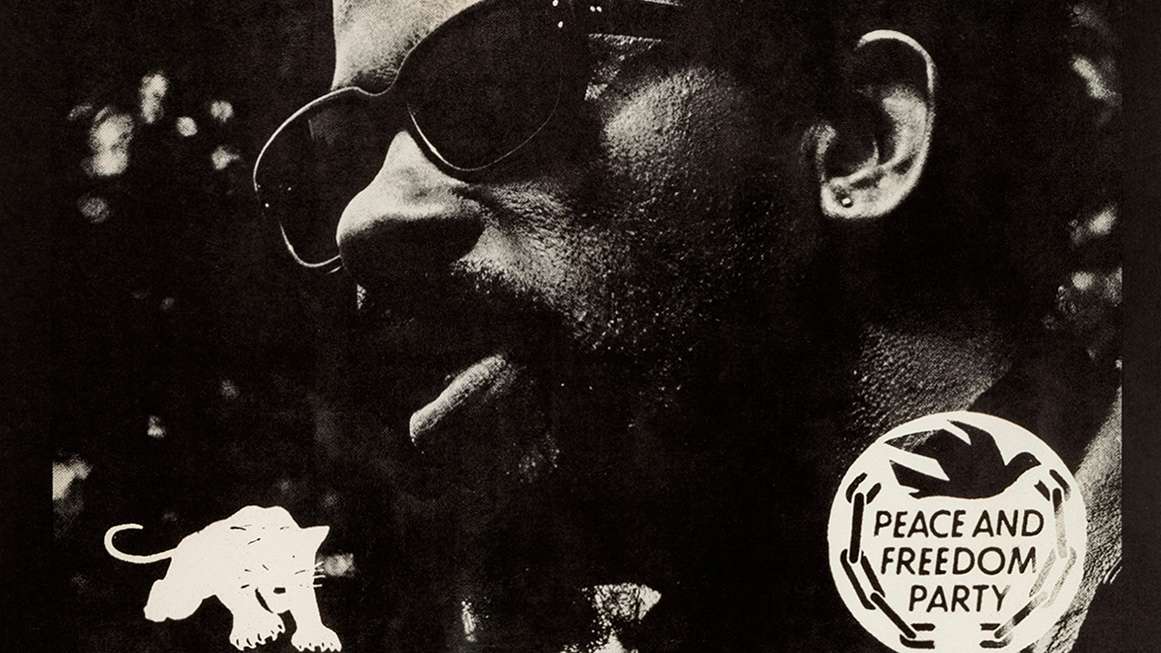
In this article, author Brian Doherty explores the case of Eldridge Cleaver, a Black Panther member who ran for president in 1968 as the nominee of the Peace and Freedom Party (PFP). Doherty draws parallels between Cleaver and former President Donald Trump, both of whom could be accused of insurrection against the United States. Cleaver faced eligibility hurdles as he was below the constitutionally mandated age of 35, but some states still allowed him to remain on the ballot. Cleaver campaigned as an insurrectionist, advocating for a revolution and political and military machinery that didn't exist at the time. Despite being ineligible and being knocked off the ballot in some states, Cleaver received over 36,000 votes nationwide. Doherty raises the question of whether election officials should deny insurrectionist candidates, as some American voters want such candidates.
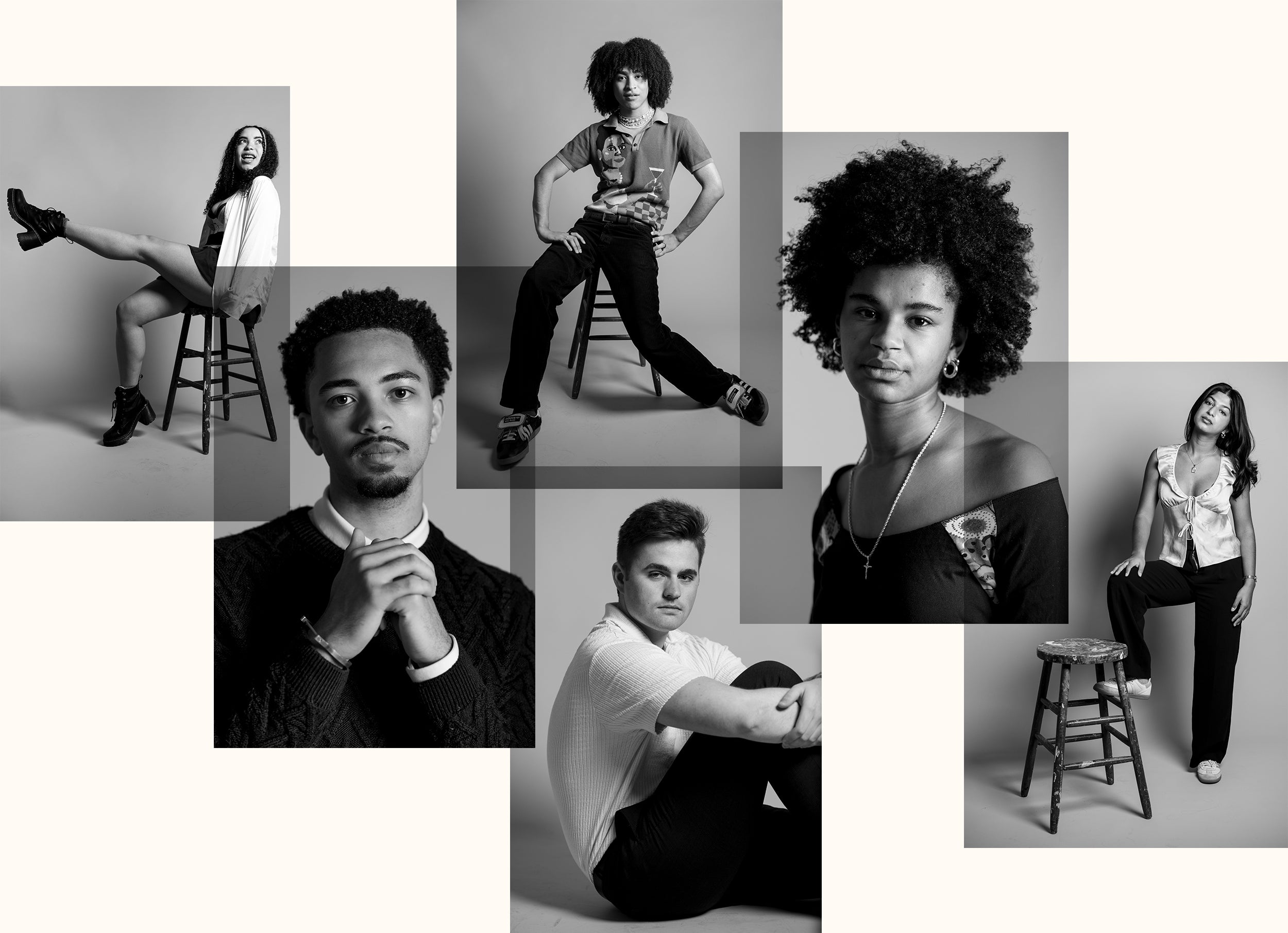
This webpage is a photographer’s personal reflection on their experience taking the course "Vision and Justice: The Art of Race and American Citizenship" at Harvard University. The course, taught by Professor Sarah Lewis, explores the role of visual representation in shaping American citizenship and belonging. The author highlights their initial skepticism about the course but describes how it ultimately transformed their perspective on photography and the world.
Some highlights from the article include:
• The course aims to understand the power of visual culture for justice across disciplines.
• Students from diverse backgrounds and concentrations took away a wide range of lessons from the course.
• The course explored topics such as the influence of art on modern medicine, the role of Confederate monuments in racial contestation, and the use of visual analysis to challenge oppression.
• Students described the course as empowering, enlightening, and transformative.
• The course encouraged students to see visual culture as a narrative of who does or does not count in American life.
Overall, the course "Vision and Justice" had a profound impact on the author's understanding of photography and its potential for creating counternarratives and promoting equality.

Thank you |
Please support |
"Introducing 'Knox Discovers Democracy' – a delightful journey through the USA political process tailored for young children. Join Knox as he embarks on an adventure to learn about democracy, elections, and the power of voting. Through colorful illustrations and engaging storytelling, children will explore the importance of civic engagement and discover how their voices can shape the future. Get ready to inspire the next generation of active citizens with Knox's empowering tale!" Free ebook download Link below |
